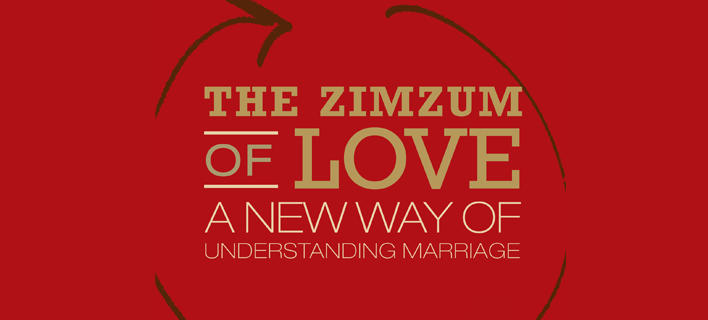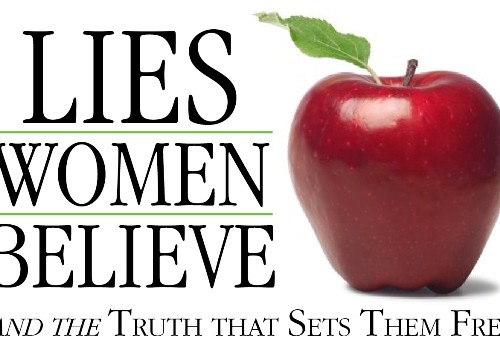This is the last post on the book, and I find myself wondering if I can enthusiastically endorse it. It’s certainly different than every other Christian marriage-advice book I’ve ever read, and I’ve deeply appreciated those differences. It’s straightforward, honest, authentic, all things I appreciate, but at times it got a little boring because they frequently dipped into pretty conservative Christian ideas about the role and purpose of marriage, and I think they skirted more difficult questions or avoided them entirely. They didn’t examine problems like we’re just not happy anymore, or we want completely different things in bed. It’s such a short book that at moments it just feels sort of shallow.
However, that is also it’s strength: it is easy to get through, easy to swallow, easy to digest, and the ideas they do address can be radically different from the typical evangelical lines. For someone who’s coming to this book without having shed their patriarchal understandings of marriage, this is probably as far as they could conceivably go, so it’s a good book for that sort of person. If you’re already a feminist and already believe in marriage as an equal partnership, this book will probably be less helpful.
Someone commented on an earlier post that there’s plenty of secular marriage-advice books that don’t need a biblical dressing-up in order to be considered legitimate, and most likely have better and more nuanced breakdowns of married relationships– and that is probably true. However, a big part of me does want to see an in-depth examination of egalitarian Christian marriages. Healthy relationships are healthy relationships, Christian or not; but I do think that marriage has a sacramental aspect for Christians and that’s not something you’re going to see addressed in a secular book.
Which is why I appreciated the “sacred” chapter here. So often when evangelicals talk about marriage it’s all about how it’s a metaphor for Christ and the church, and that’s why we should all be homophobic bigots. Having that completely cut out of the discussion was … nice. I do believe that my marriage is a sacred bond– since I’ve gotten married, it’s become easier for me to understand why Paul chose the mystery of this particular relationship to illustrate the relationship of Christ to the church.
However, I would stop short of some of their statements, like this one:
Sex is spiritual because you are an integrated being. Your skin and your soul are connected. This is why casual hookups leave people so profoundly empty– there’s nothing behind them. (102)
And … just no. This argument doesn’t hold water with me anymore, because while I agree that we are our bodies as much as we are our souls, what the hell is so special about sex? I am an integrated being, yes, but I do all sorts of thing with this body that are essentially meaningless and don’t leave me feeling “profoundly empty.” I eat cheeseburgers. I dance to pop songs. I clean my apartment. I read Cosmopolitan. I enjoy slapstick comedy. I do all of these things with my body, and they don’t have to have a deep spiritual connection behind them in order for me to think they’re pretty awesome and to avoid feeling “empty” afterwards.
But … moving on. In the epilogue, Kristen shared something that I found to be one of the best things in the book. Her second pregnancy was incredibly difficult, as she struggled with something akin to asthma that the doctors couldn’t identify or treat– she described it as “drowning”. The last three months forced her to rely on Rob for a lot, and she said this about that time:
Kristen: It was the first time in our marriage when I had nothing to give … But it wasn’t just that, it was the vertigo that came from our relationship being so one-sided. Up until that time, there had always been a sense that we were creating a life together. But all of a sudden I found myself giving all of my energies to simply surviving. It was very difficult to accept this.
Rob: Grace.
Kristen: Yes, grace. I had to fully accept that I had nothing to give. All I could do was receive. Sometimes, that’s all you can do.
That made me cry. I haven’t been married very long, and we’ve only been together three years. But in that time I’ve thought of us as a partnership. We help each other, we take care of each other, we look out for each other. Over the last few months, though, it’s been a lot harder. Frequently we run into days like today. Today, I managed to feed myself, do a load of laundry, and write this post. I wanted to organize my desk, run some errands, and finish reading either Dianna Anderson’s Damaged Goods or Rachel Held Evans’ Searching For Sunday, and … just nope. I went to sleep at 6 this morning, woke up at 10, came out to living room and cuddled with Elsa until 2, and … putzed around until 3:30 when I started working on this. And that … that makes me feel like shit. I want to be productive, dammit. I want to contribute. But I am exhausted and depressed an my insomnia is going to drive me insane, and I don’t have a whole lot to give.
But Kristen’s husband said Grace. And Kristen said “Sometimes, that’s all you can do,” and it was a very timely reminder that whatever it takes to survive one day after another is good. I don’t have to beat myself up for making it through another day in one piece.
I don’t think I’ve encountered something this honest in a Christian marriage-advice book that wasn’t slimed all over with sexism. And that makes me happy, and overall, pretty satisfied with what they’ve written.
So– is Zizmzum of Love a perfect book? No, but it’s not really fair to expect any book to be perfect.




